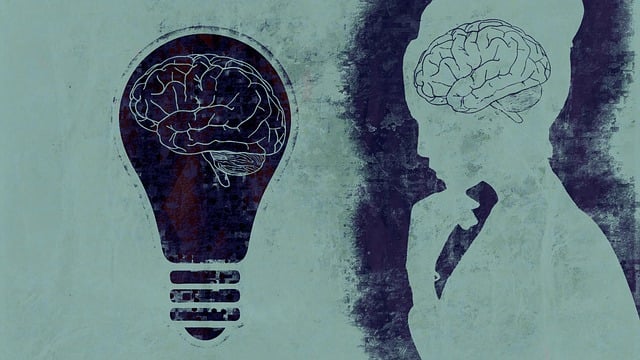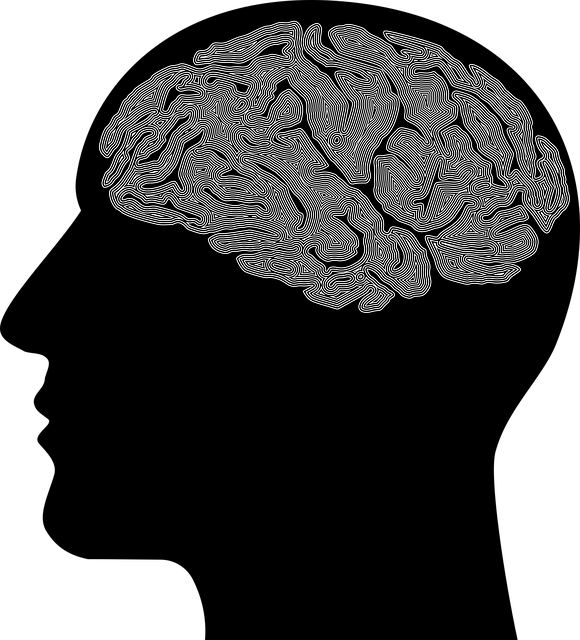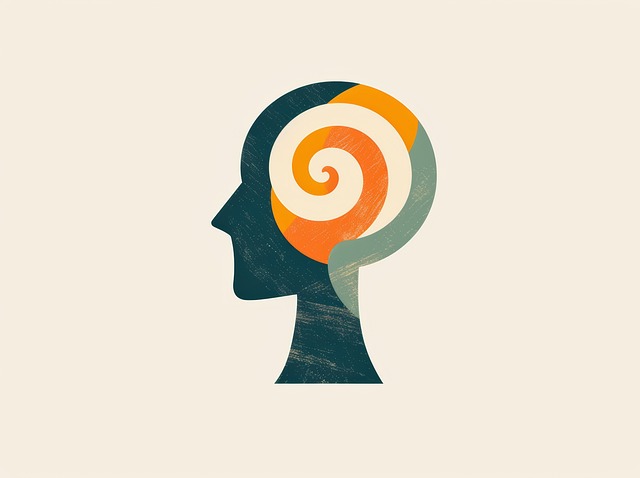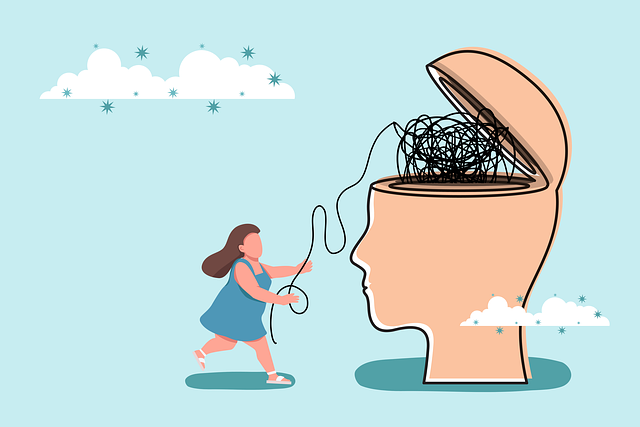Mental wellness is a critical aspect of adolescent development, with therapy and family counseling serving as essential tools. Early intervention strategies focus on building resilience and healthy coping mechanisms, leading to long-term well-being. Family counseling provides a safe space for open communication, addressing underlying issues through evidence-based therapy. Combining this with personalized self-care routines, depression prevention education, and community outreach strengthens mental health support systems. This collaborative approach equips teens and families with tools to manage emotional growth and stress, fostering an environment of vulnerability, expression, and resilience.
Mental wellness is crucial for adolescents, yet developing a self-care routine can be challenging. This article explores strategies for supporting teen mental health, focusing on therapy and family counseling as cornerstones of care. We delve into creating personalized self-care routines tailored to individual needs, while emphasizing the integration of family and individual strategies for long-lasting wellbeing. By understanding the impact of mental wellness on teens and leveraging effective therapeutic approaches, families can foster resilient and thriving young adults. Discover how therapy and family counseling work together to empower adolescents in navigating their mental health journeys.
- Understanding Mental Wellness and Its Impact on Teens
- The Role of Family Counseling in Supporting Adolescent Mental Health
- Building a Personalized Self-Care Routine for Therapy-Driven Teens
- Integrating Family and Individual Strategies for Lasting Wellbeing
Understanding Mental Wellness and Its Impact on Teens

Mental wellness is a critical aspect of overall health, especially for teenagers navigating their formative years. The teen years are often characterized by intense emotional and cognitive development, making this period vulnerable to various mental health challenges. Issues like anxiety, depression, and stress are not uncommon, with research indicating that early intervention is key to long-term well-being. Understanding the nuances of adolescent mental health involves recognizing that it’s not just about managing symptoms but also fostering resilience and healthy coping mechanisms.
Family counseling and therapy play a pivotal role in supporting teens and their families during this crucial phase. Professional guidance helps in decoding complex emotions, improving communication, and establishing positive habits. Moreover, these practices contribute to risk management planning for mental health professionals, ensuring they can effectively support teens while mitigating potential risks. By incorporating compassion cultivation practices, which have gained prominence in mental illness stigma reduction efforts, therapists create a safe space for teens to explore their feelings without judgment, fostering self-acceptance and empathy towards others.
The Role of Family Counseling in Supporting Adolescent Mental Health

Family counseling plays a pivotal role in supporting the mental wellness of adolescent teens. By providing a safe and non-judgmental space, therapists facilitate open communication among family members, helping to identify and address underlying issues that may be contributing to emotional distress or behavioral problems. Through evidence-based therapy techniques, such as conflict resolution strategies and emotional regulation skills, family counseling equips both teens and parents with the tools necessary to navigate challenges more effectively.
Implementing a community outreach program can further enhance these benefits. Such programs often offer additional resources and support systems, connecting adolescents and their families with local mental health services, support groups, and educational opportunities. By integrating community outreach into family counseling, practitioners create a holistic approach that not only addresses individual needs but also fosters resilience and promotes positive mental health within the broader community.
Building a Personalized Self-Care Routine for Therapy-Driven Teens

For therapy-driven teens, establishing a personalized self-care routine is an integral part of their healing journey alongside family counseling sessions. This routine should be tailored to address individual needs and preferences while incorporating therapeutic techniques. By integrating activities that promote mental wellness, such as mindfulness practices, exercise, creative outlets, and quality sleep, teens can develop healthy coping mechanisms. Family counseling plays a pivotal role in this process by providing a supportive environment for open communication, fostering understanding among family members, and encouraging collective participation in self-care initiatives.
Incorporating depression prevention strategies into the self-care routine is essential. This involves recognizing signs of mental illness, seeking professional help early on, and engaging in activities that reduce the stigma associated with mental health issues. Through consistent practice, teens can enhance their resilience, boost emotional regulation, and cultivate a positive mindset. Ultimately, a well-crafted self-care routine becomes a powerful tool for managing stress, nurturing mental wellness, and supporting overall growth and development during adolescence.
Integrating Family and Individual Strategies for Lasting Wellbeing

In fostering lasting wellness, integrating family and individual strategies is paramount. For adolescent teens, therapy sessions that involve both the individual and their family can significantly enhance mental health outcomes. Family counseling provides a safe space to address interpersonal dynamics, improve communication, and develop coping mechanisms tailored to each teen’s unique needs within their familial context. This collaborative approach not only strengthens family bonds but also equips parents with tools to support their teens’ mental wellness between sessions.
Furthermore, incorporating strategies for depression prevention and risk management planning is crucial. Mental health professionals can guide families in recognizing early signs of distress in teens and implement resilience-building activities that promote adaptive coping. By integrating these evidence-based practices into the self-care routine, families actively contribute to their adolescent’s overall mental health, fostering an environment that nurtures vulnerability, emotional expression, and long-lasting resilience.
In conclusion, fostering mental wellness in adolescent teens involves a multifaceted approach. While therapy plays a crucial role in addressing individual needs, family counseling serves as a game-changer by strengthening interpersonal connections and providing support systems. By combining these strategies, parents and guardians can help teens develop personalized self-care routines that promote lasting wellbeing. Incorporating both family and individual strategies ensures a holistic approach to mental health care for adolescents, enabling them to thrive in today’s challenges.













